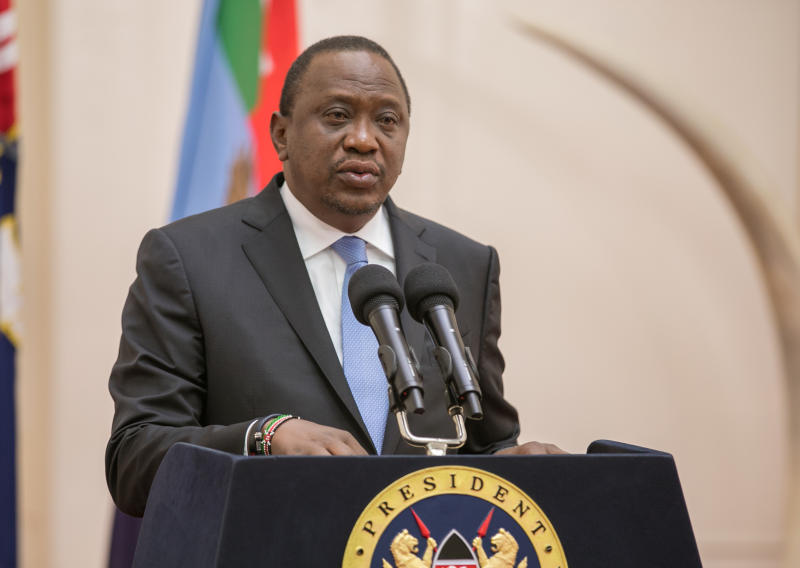×
The Standard e-Paper
Home To Bold Columnists

Pressured to increase tax for the reconstruction of the country after the second world war, UK Prime Minister Winston Churchill said, “I contend that for a nation to try to tax itself into prosperity is like a man standing in a bucket and trying to lift himself up by the handle.”
He went on to say: “Nor can we borrow and bomb our way to prosperity.”